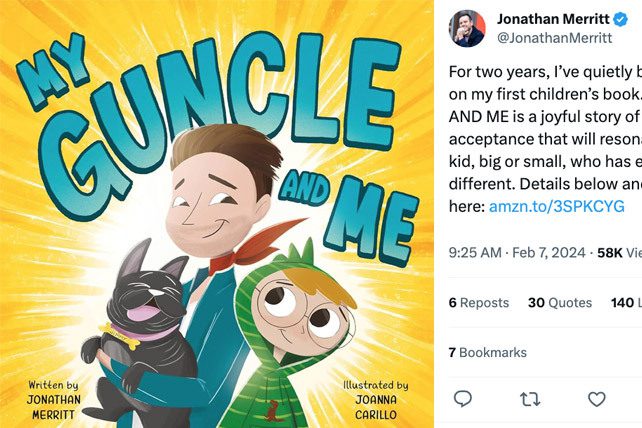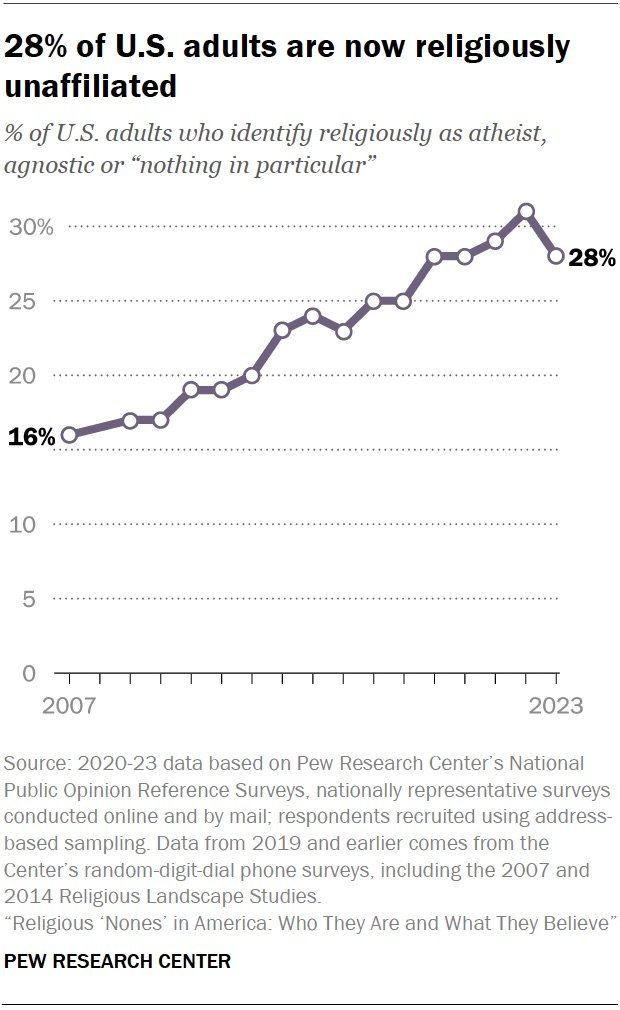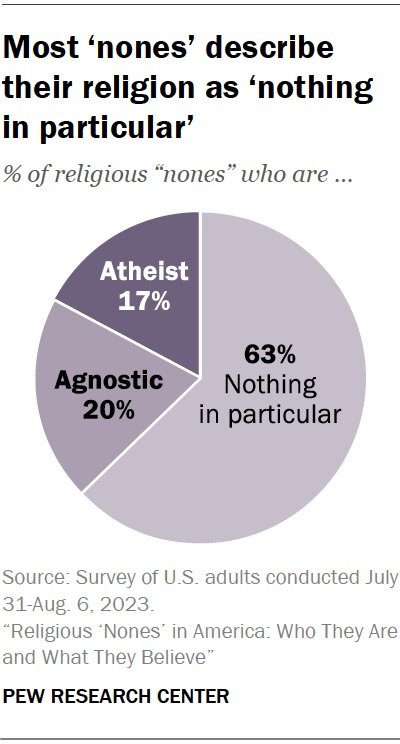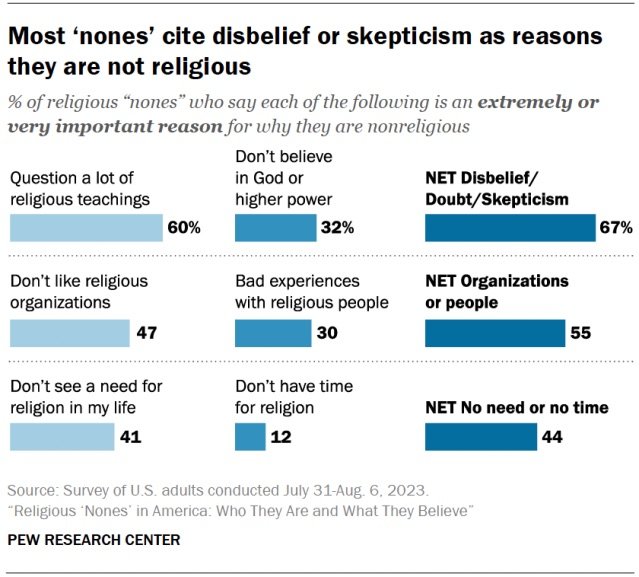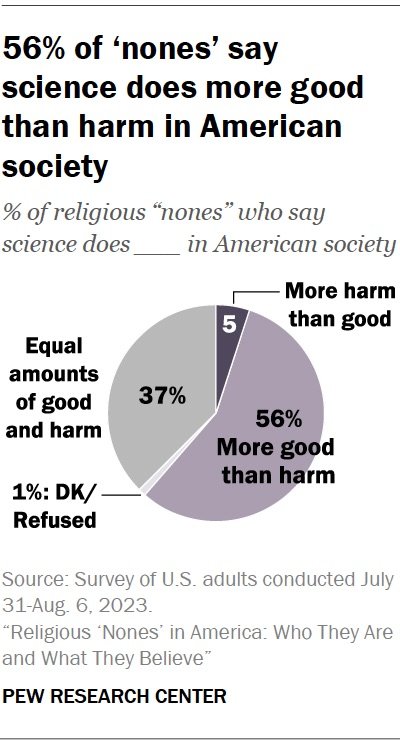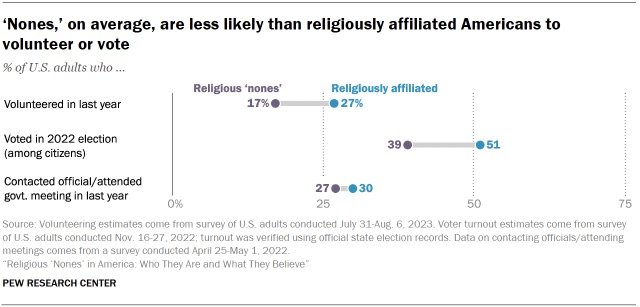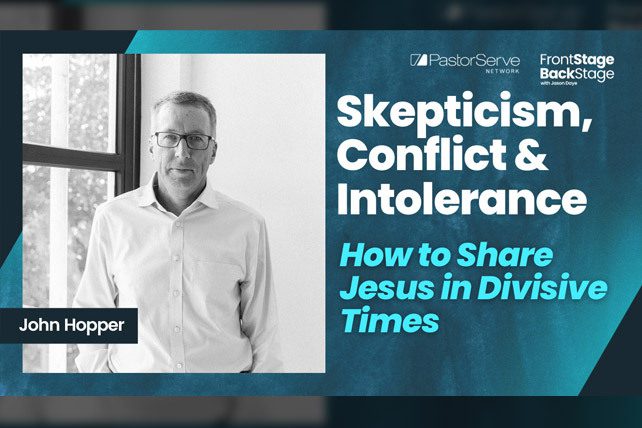Preaching sermons is a vital aspect of Christian ministry, allowing pastors to share God’s word and inspire their congregations. This is such an important task—the process can become quite daunting.
But there are ways to approach delivering a message to make even a novice preacher an effective messenger.
Importance of Preaching Sermons
Preaching sermons plays a crucial role in the spiritual growth and development of a congregation. It is through sermons that pastors and preachers communicate the teachings of the Bible, provide guidance, and inspire individuals to live a life of faith.
One of the primary purposes of preaching sermons is to convey the message of God’s Word to the listeners. The Bible instructs believers to “preach the word; be ready in season and out of season; reprove, rebuke, and exhort, with complete patience and teaching” (2 Timothy 4:2). By preaching sermons, pastors have the opportunity to share the truth of the Scriptures and help their congregation understand and apply it to their lives.
Preaching sermons also plays a vital role in evangelism. Through the proclamation of the gospel, pastors can reach out to those who do not yet know Christ and invite them to experience the love and grace of God. The Bible says, “How then will they call on him in whom they have not believed? And how are they to believe in him of whom they have never heard? And how are they to hear without someone preaching?” (Romans 10:14).
Steps to Preaching Sermons
Preaching sermons allows pastors to address specific needs and concerns of their congregation. By studying God’s Word and seeking the guidance of the Holy Spirit, pastors can deliver messages that are relevant and timely. This enables them to provide spiritual guidance, encouragement, and support to their congregation, helping them navigate through the challenges of life and grow in their faith.
Step 1: Understanding Your Audience
Knowing your audience is crucial when preparing and delivering sermons. By understanding their needs, beliefs, and struggles, you can tailor your message to resonate with them on a deeper level.
In John 21:15-17, Jesus demonstrates the importance of understanding your audience by asking Peter three times if he truly loves him. Jesus knew that Peter needed the opportunity to reaffirm his love and dedication. Similarly, by understanding the unique needs of your congregation, you can address their specific challenges and provide guidance that speaks directly to their hearts.
To gain a better understanding of your audience, spend time listening and interacting with them outside of the church setting. Engage in conversations, organize small group discussions, and ask for feedback. By actively seeking to know and understand them, you will be better equipped to deliver sermons that are relevant and impactful.
Remember, the goal is not just to deliver a message but to connect with your congregation and lead them closer to God. Understanding your audience is an essential step in achieving this.
Step 2: Choosing a Sermon Topic
When it comes to preaching sermons, one of the most crucial steps is choosing a relevant and impactful topic. The topic you choose will determine the direction and focus of your sermon, so it’s important to choose wisely.
Start by considering the needs and interests of your congregation. What are they going through? What are their struggles and questions? By understanding your audience, you can select a topic that addresses their specific circumstances and provides guidance and encouragement.
Additionally, seek guidance from God and his Word. The Bible is a rich source of wisdom and guidance, and it can help you discern what message God wants you to share with your congregation. Pray for guidance and ask the Holy Spirit to lead you in selecting a topic that is aligned with God’s will.
Remember, your sermon should always be centered on the gospel. The Good News of Jesus Christ should be the foundation of every message you deliver. Incorporate relevant Bible verses that support your chosen topic and highlight the transformative power of Christ.
Lastly, consider incorporating current events or cultural topics into your sermon if they are relevant to your audience. This can help make your message relatable and applicable to their lives.
By carefully choosing a sermon topic that speaks to the needs of your congregation and aligns with God’s Word, you can deliver a sermon that is impactful and transformative.
Step 3: Crafting a Compelling Sermon Outline
When it comes to preaching sermons, having a well-crafted outline is essential. It acts as a roadmap for your message, ensuring that you stay focused and effectively communicate your main points. A compelling sermon outline typically consists of three main parts: an introduction, a body, and a conclusion.
In the introduction, grab your congregation’s attention with a thought-provoking question or a relevant anecdote. This helps set the tone for your sermon and engages your audience right from the start. Transition smoothly into the body of your sermon, where you delve into the main points or themes you want to convey. Use transitional words like “next” and “finally” to guide your listeners through your sermon.
Throughout your sermon, integrate relevant Bible verses that support your main points. This adds depth and credibility to your message. Use concise sentences to keep your message clear and impactful. Finally, wrap up your sermon with a powerful conclusion that summarizes your main points and offers a call to action or a challenge for your congregation to apply what they’ve learned.
By crafting a compelling sermon outline, you provide a structure for your message that allows for effective communication and engagement with your audience.
Step 4: Incorporating Personal Stories and Examples
When preparing and delivering sermons, incorporating personal stories and examples can greatly enhance the impact and relatability of your message. By sharing personal experiences, you can connect with your audience on a deeper level and illustrate biblical truths in a practical and tangible way.
One effective way to incorporate personal stories is to relate them to the main points of your sermon. Look for experiences from your own life that align with the themes or lessons you want to convey. For example, if you are preaching about the importance of forgiveness, you could share a personal story of how forgiveness transformed a broken relationship in your own life.
Additionally, using real-life examples can help your congregation better understand and apply biblical principles. Jesus often used parables to teach spiritual truths, and we can follow his example by using relevant and relatable illustrations. These examples can come from everyday life, current events, or historical anecdotes.
However, it is essential to ensure that your personal stories and examples do not overshadow the biblical message. Remember, the purpose of incorporating personal stories is to support and illuminate the biblical teachings, not to shift the focus to yourself. Keep the spotlight on God’s Word and use your stories to reinforce its truths.
Incorporating personal stories and examples helps make your sermons engaging, memorable, and applicable to your audience’s lives. It allows them to see how the principles in the Bible are relevant and transformative in their own experiences. By sharing your own journey of faith and applying biblical truths to real-life situations, you can effectively communicate God’s message of hope, love, and redemption.
Using Effective Delivery Techniques for Preaching Sermons
When it comes to preaching sermons, effective delivery techniques are crucial in capturing the attention and engaging your congregation. Here are some strategies to consider:
- Vary your voice: Use a range of tones, volumes, and speeds to add emphasis and keep your audience engaged. Remember the words of Proverbs 25:11, “A word fitly spoken is like apples of gold in a setting of silver.”
- Utilize body language: Gestures, facial expressions, and movement can enhance your message. Nonverbal cues can help convey emotions and emphasize important points. Jesus Himself used gestures when teaching, as seen in Matthew 26:26-28.
- Make eye contact: Establish a connection with your congregation by maintaining eye contact. This shows sincerity and helps build trust and rapport.
- Use visual aids: Consider incorporating multimedia elements, such as slides or videos, to enhance understanding and visual appeal. These aids can reinforce key points and provide visual interest.
- Master the art of storytelling: Relating personal stories and examples can make your sermon relatable and memorable. Jesus often used parables to convey deeper spiritual truths.
By employing these effective delivery techniques, you can captivate your audience and convey your message in a compelling and impactful way. Remember, practice and continuous improvement are key to becoming a powerful preacher of God’s Word.
Engaging Your Congregation
Engaging your congregation is crucial to delivering an impactful sermon. Here are some strategies to keep your audience involved:
1. Ask Thought-Provoking Questions: Encourage participation by posing questions that prompt reflection and encourage discussion. This creates a sense of dialogue and involvement.
2. Use Visual Aids: Incorporate visual aids like PowerPoint slides, videos, or props to enhance your message. Visuals can help reinforce key points and capture attention.
3. Maintain Eye Contact: Establish a connection with your listeners through eye contact. This shows your sincerity and makes congregation members feel acknowledged and valued.
4. Invite Personal Stories: Encourage congregation members to share their personal experiences related to the sermon topic. This creates a sense of community and allows for a deeper connection.
5. Utilize Group Activities: Plan interactive activities that involve the congregation. This can include small group discussions, role-playing exercises, or even hands-on demonstrations.
Remember, engaging your congregation is not only about delivering a monologue, but also fostering a sense of community and encouraging active participation. By implementing these techniques, you can create a vibrant and interactive sermon experience that resonates with your audience.




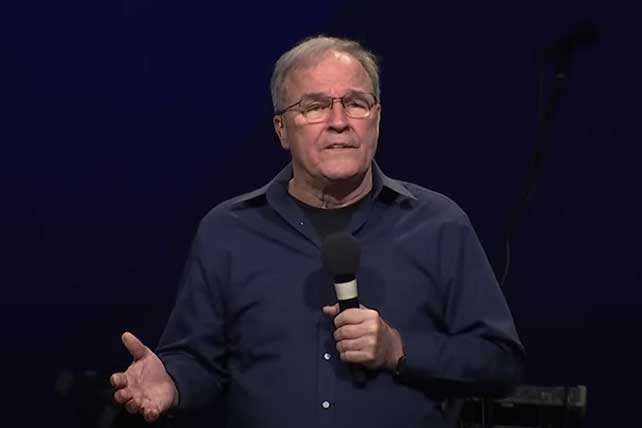
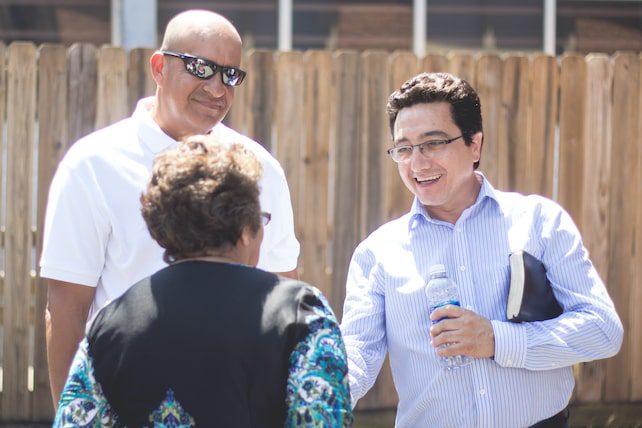

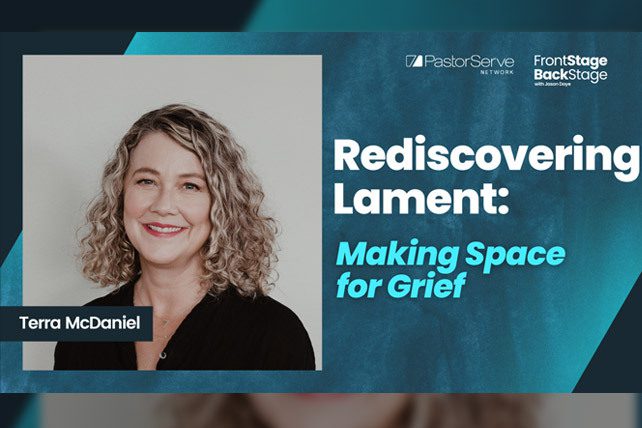
 As pastors and ministry leaders, how can we tend to our own grieving in healthy ways and help others do the same? In this week’s conversation on FrontStage BackStage, host Jason Daye is joined by Terra McDaniel. Terra serves as a spiritual director for both adults and children. She spent two decades as a pastor and ministry leader, earning her M.Div from Portland Seminary. Her latest book is titled “Hopeful Lament.” Together, Terra and Jason explore some of the ways that we, as pastors and ministry leaders, inadvertently make grieving more difficult, both for ourselves and for those we serve. Terra also provides some helpful insights around patience, courage, and hope, as they relate to lamenting.
As pastors and ministry leaders, how can we tend to our own grieving in healthy ways and help others do the same? In this week’s conversation on FrontStage BackStage, host Jason Daye is joined by Terra McDaniel. Terra serves as a spiritual director for both adults and children. She spent two decades as a pastor and ministry leader, earning her M.Div from Portland Seminary. Her latest book is titled “Hopeful Lament.” Together, Terra and Jason explore some of the ways that we, as pastors and ministry leaders, inadvertently make grieving more difficult, both for ourselves and for those we serve. Terra also provides some helpful insights around patience, courage, and hope, as they relate to lamenting. 